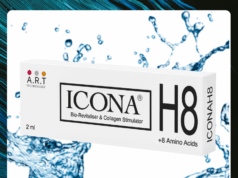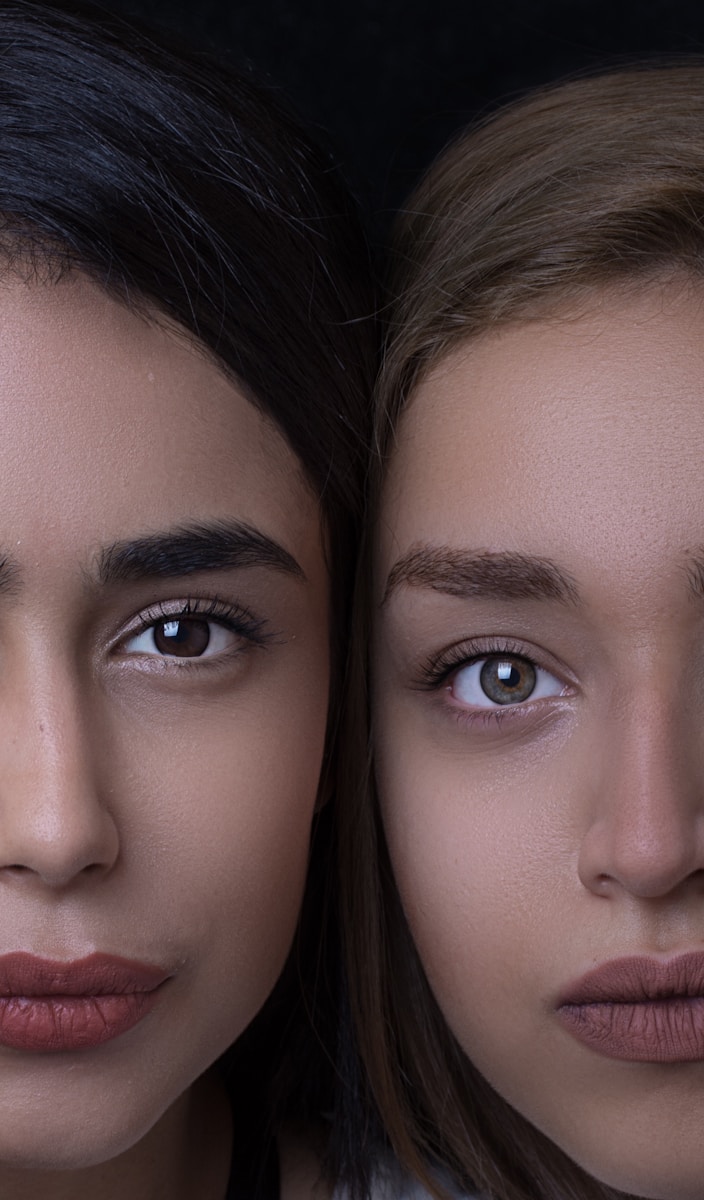A new study suggests the boom in cosmetic surgery and anti ageing procedures is fueled by age discrimination.
The study,in the August issue of the Aesthetic Surgery Journal, found that a significant proportion of cosmetic surgery patients reported they were undergoing anti-aging procedures due to age discrimination or fear of ‘age discrimination’.
One of the study authors, Rebecca Pearl, an assistant professor of psychiatry at the University of Pennsylvania School of Medicine, said the study is the first to attempt to quantify age discrimination among patients seeking cosmetic procedures.
The researchers surveyed 50 patients at a University of Pennsylvania plastic surgery clinic over a one-year period. The participants, all over age 18 and mostly women, had a mean age of 49.4 years.
Two-thirds of the patients were there to receive anti-aging treatments, including fillers and neurotoxins.
More than 30 percent of the survey participants said they had experienced age-based discrimination. They reported significantly poorer self-rated health, lower self esteem and greater anticipation of age discrimination in the future.
According to the study, the stress of experiencing and/or anticipating age-based discrimination and rejection increases risk for psychological distress and can cause physical health problems.
About 36 percent of the participants who experienced age discrimination said it occurred in an interpersonal context when they felt excluded by friends, family and coworkers, were teased or mocked, or had negative assumptions made about them due to age.
About 20 percent of participants experienced age discrimination in the workplace; they reported having been fired or denied a job or promotion due to age.
Participants who were not married or living with a partner had significantly greater fear of age-based discrimination.
“Looking younger” and “as young as I feel” were among the main reasons the survey participants sought a cosmetic procedure, which the researchers said suggests a disassociation with one’s “older identity” and a refusal to accept the aging process.
Ironically, cosmetic surgery and procedures may not deliver the desired effect.
The study cites research indicating that older adults who are perceived as attempting to conceal their age are evaluated negatively by younger people, perhaps for violating “prescriptive norms” of acting one’s age.
”Thus, for some adults who receive anti-aging procedures, treatment could be counterproductive to the individual’s motivation of improving social perceptions,” the authors wrote.
The study encourages dermatologists and cosmetic procedure providers to take steps to educate patients “who might worry about future age discrimination about realistic expectations from cosmetic procedure aimed at making them look younger.”
The researchers conclude that perceived age discrimination is “associated” with poorer self-rated health, lower self-esteem and greater anticipation of age discrimination in the future.
The study, Ageism and Health in Patients Undergoing Cosmetic Procedures, was co-authored by Ivona Percec, a plastic surgeon.












